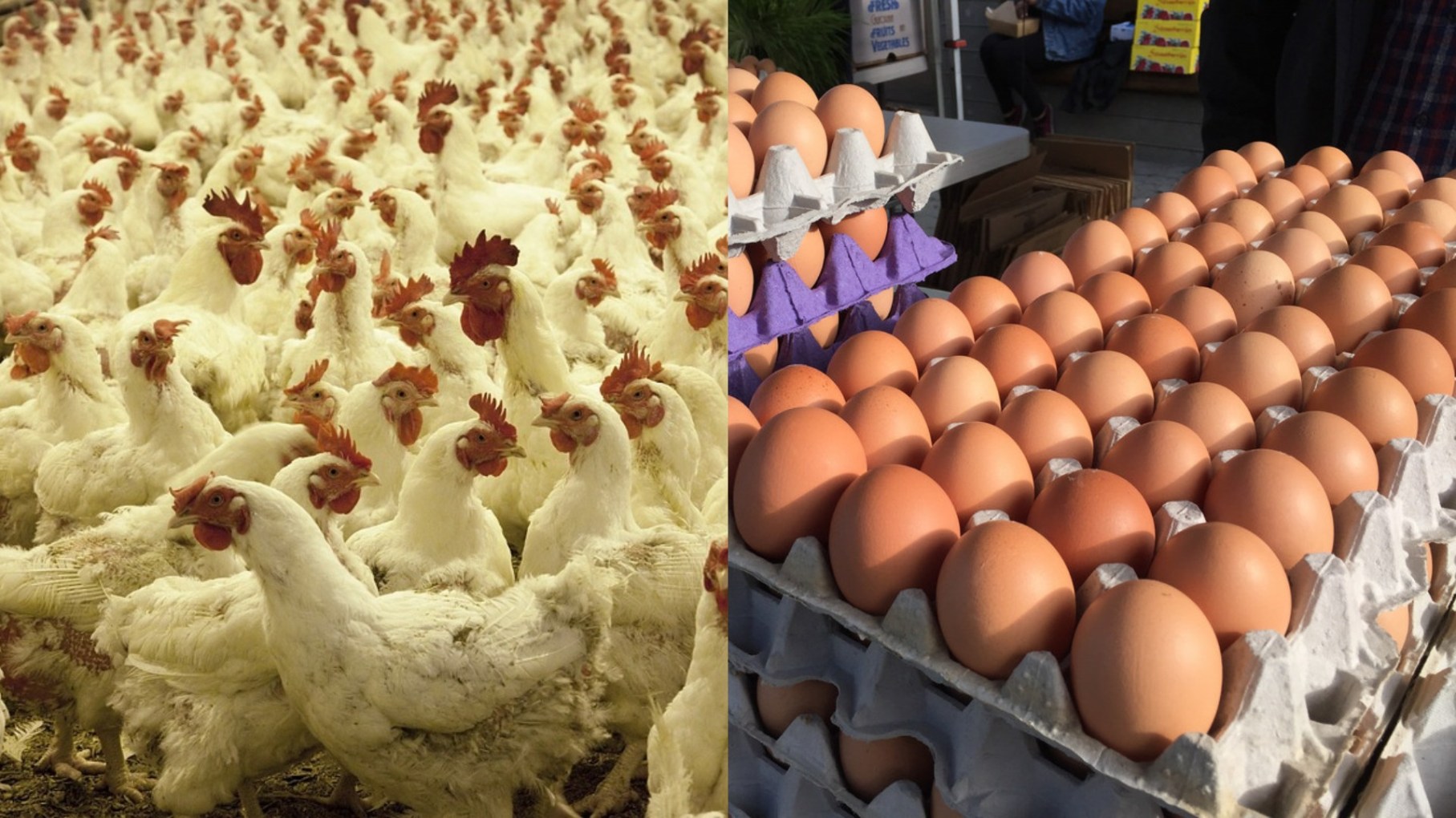Rising Inflation and Soaring Feed Costs Threaten Nigeria’s Poultry Industry, Driving Eggs Beyond Reach
In Nigeria, the once-accessible egg, a vital protein source, is slipping beyond the grasp of many, fueling concerns of a deepening malnutrition crisis among children as inflation and price hikes batter the poultry sector.
The crisis gripping the poultry industry has seen the retail cost of eggs surge to unprecedented levels, with a crate now averaging N3,600 and a single egg priced at N150, a stark escalation from previous years.
Alarming statistics reveal the dire consequences of this affordability gap, as the 2022 Nigeria Bureau of Statistics (NBS) Demographic Statistics Bulletin highlights that nine out of every 10 Nigerian children lack access to eggs, exacerbating malnutrition risks among the vulnerable population.
The Food and Agriculture Organisation (FAO) recommends a minimum daily protein intake of 53.8 grams per capita, yet inadequate access to protein-rich foods like eggs poses significant health risks, including slow growth, stunting, and acute malnutrition among children.
The poultry sector, once a cornerstone of Nigeria’s agricultural landscape, is now teetering on the brink of collapse, with many farmers forced to abandon their businesses amidst mounting operational expenses and dwindling profit margins.
National President of the Poultry Association of Nigeria (PAN), Sunday Ezeobiora, lamented the government’s inaction despite repeated pleas for assistance, citing the debilitating impact of soaring feed costs and economic instability.
The surge in maize and soybean meal prices, essential components of poultry feed, has further exacerbated the industry’s woes, with a metric tonne of maize now retailing for N600,000 and soybean reaching a staggering N620,000, rendering feed production financially unviable for many farmers.
The ripple effects of these challenges are evident across the supply chain, as layers struggle to produce eggs due to inadequate nutrition, resulting in further price hikes and market volatility.
Insecurity compounds the industry’s woes, with rampant kidnappings and attacks on remote poultry farms forcing many to shutter operations, exacerbating food insecurity and driving up production costs.
Despite the government’s call for increased agricultural production, the poultry sector remains besieged by insurmountable challenges, prompting fears of a looming collapse if urgent interventions are not forthcoming.
As the cost of eggs skyrockets and nutritional disparities widen, stakeholders warn of a looming humanitarian crisis, underscoring the urgent need for concerted efforts to salvage Nigeria’s poultry industry and ensure access to essential protein sources for all citizens.








